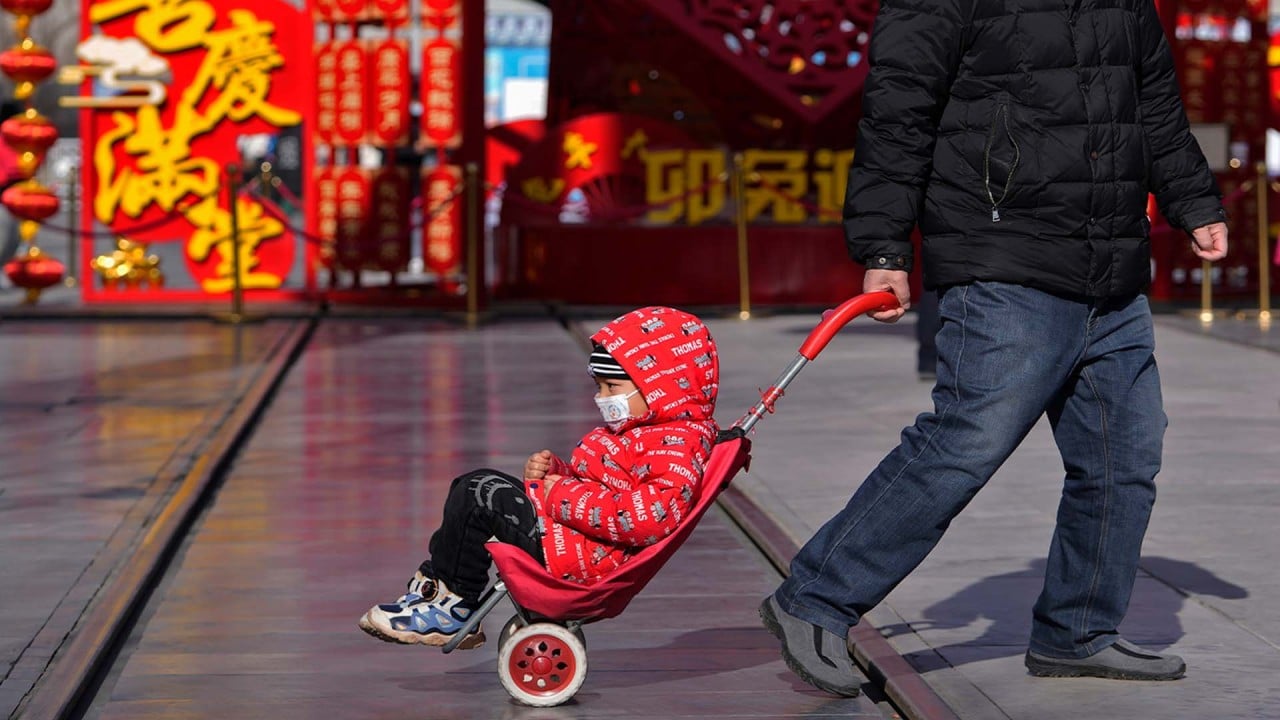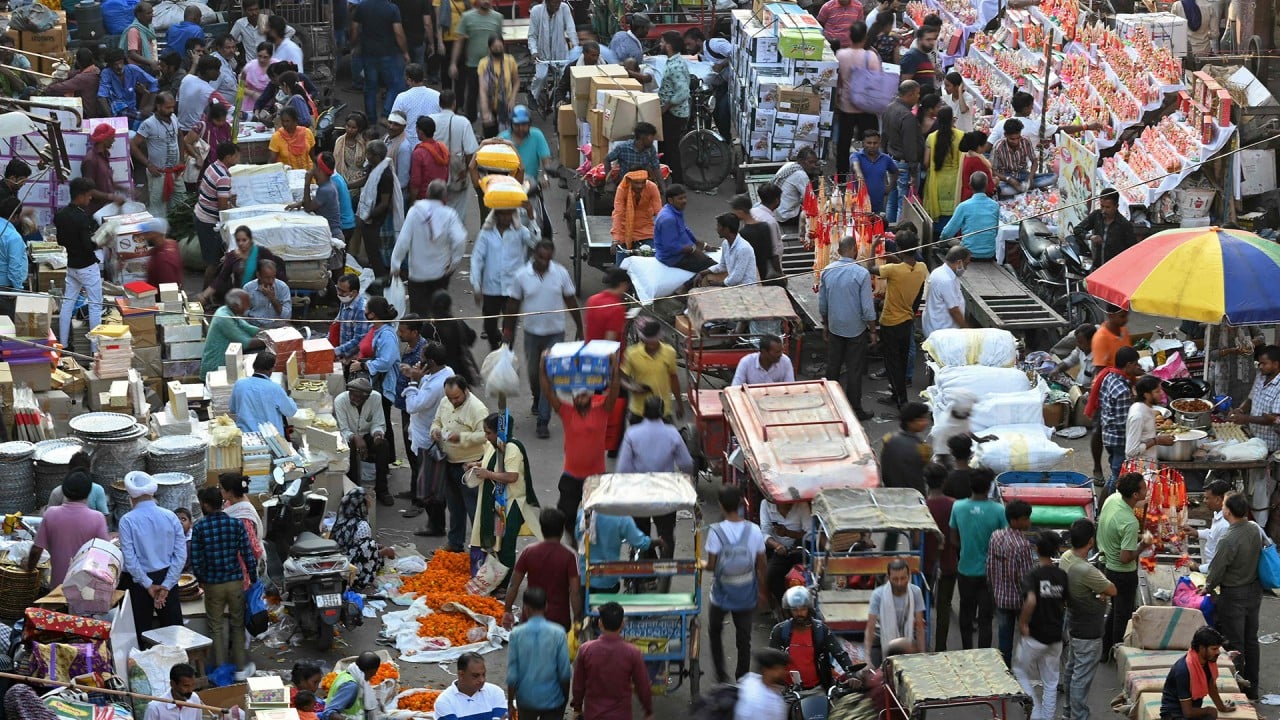
02:14
Chinese reluctant to have children as China reports first population fall in 61 years
China is second most costly country to raise a child behind South Korea, report warns
- The cost of raising a child until the age of 18 in China is 6.9 times gross domestic product (GDP) per capita, twice the rate in Germany and three times that in France
- The report said more support for families was needed to help improve the country’s flagging birth rate
China is one of the most costly countries in the world to raise a child, according to a new report, which called for more support for families in the face of the country’s flagging birth rate.
The study by the YuWa Population Research Institute said the cost of raising a child until the age of 18 in China was 6.9 times its gross domestic product (GDP) per capita.
This was the second highest in the world, behind South Korea, where the cost is 7.79 times higher than its GDP per capita.
The high cost of childbearing is one of the most important factors affecting the willingness of families of childbearing age to bear children
It is also double the cost in Germany, where it is 3.64 times GDP per capita, and more than triple the rate in Australia and France, where it is 2.08 and 2.24 times respectively.
South Korea has one of the world’s lowest birth rates. Last year the average number of babies expected per South Korean woman fell to 0.78, compared with 1.1 in China.
“The high cost of childbearing is one of the most important factors affecting the willingness of families of childbearing age to bear children,” the report said.
“To this end, policies to reduce childbearing costs for families of childbearing age need to be introduced at the national level.
“Specific measures include cash and tax subsidies, house purchase subsidies, building more nurseries, providing gender-equal maternity leave, introducing foreign nannies, promoting flexible working styles, guaranteeing the reproductive rights of single women, allowing assisted reproductive technology and reforming the college entrance examination and school system.”
A nationwide survey by the National Health and Family Planning Commission in 2017 found that 77.4 per cent of women of childbearing age said “heavy economic burdens,” were the top reasons for not wanting more children after feeling “too old” or “not having anyone to take care of the child”.
The YuWa report estimated that the average cost of raising a child from birth to 17 years old in China is 485,000 yuan (US$69,430), while the cost of raising a child to college graduation is about 627,000 yuan.
The average Chinese worker earned 105,000 yuan a year in 2021, according to the National Bureau of Statistics.
There is a significant urban-rural divide as well. The average cost of raising a child to age 17 in cities is 630,000 yuan, more than twice the cost in the countryside.
Free high school education dangled for third child as China’s birth rate drops
The average cost of raising a child in Beijing and Shanghai is 969,000 yuan and 1,026,000 yuan, respectively, while the cost for families in Tibet is only 293,000 yuan.
Policymakers in China have been seeking ways to encourage birth rates in recent years, while in 2022, deaths outnumbered new births for the first time in six decades.
Chinese mothers gave birth to 9.56 million babies – the lowest total in modern history and the first time the figure has dipped below 10 million.
India is set to surpass China as the world’s most populous country, hitting almost 1.43 billion people, according to United Nations estimates.


